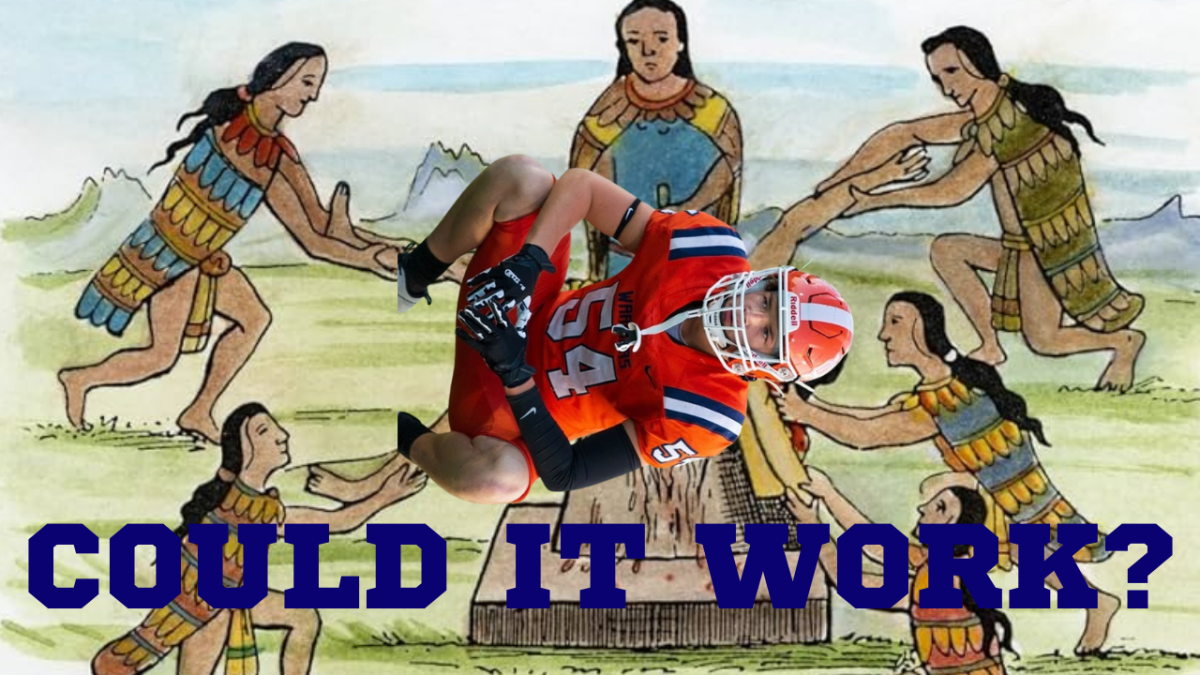For citizens of democratic countries, voting presents a shining light, one that allows people to voice their concerns and select candidates or parties. In considering high-stakes elections, economic and social issues play on voters’ minds, but the problems that prompt decisions may vary. In America, voters should value social issues to a higher degree than their economic counterparts.
For certain political fanatics, the economy takes precedence over any other concern. Faced with rising grocery and gas prices, these economic concerns appear sensible, but the voter’s understanding of economic systems affects how they vote, and if they lack understanding, a politician’s problematic proposals may fly over their heads. The U.S. education system tends to place economic education at the bottom of priority lists. This resulting limited knowledge leaves voters with misconceptions about complex monetary topics that candidates may play on. For example, millionaires and billionaires frequently finance political campaigns, encouraging politicians to funnel money into beneficial programs for the rich. Elon Musk’s notorious support of the Trump administration exemplifies this tendency and even landed this particular wealthy person with an appointment in the president’s cabinet.
While both major political parties claim to support the middle and lower classes, the degree to which they do varies, and the strikingly minuscule taxes these well-off people pay reflect this. Unless a voter can confidently state that they understand the economy well, basing their vote on it may create a negative impact. Social issues, however, remain easily shared and frequently understood, so a politician’s relationship with topics such as gender or rights informs a voter well.
“This is something as a social studies teacher I feel very strongly about and I try in my world history classes to include labor and economics and trade and kind of build it in. Currently, Georgia’s standards for graduation require half a credit of government study and half a credit of economics, so that means that on a block schedule, like ours here at NC, students can graduate with nine weeks of economics and nine weeks of government, and I think that those are two of the most important subjects that you can study because regardless of how students choose to go forward, they are people who live here in the U.S., which means that they need to understand the system under which they live. To try to cram it in nine weeks is doing everyone, I think, a disservice. It’s really hard for teachers and it’s really hard for students, especially in economics,” AP Comparative Government teacher Carolyn Galloway said.
Politics affect people’s pockets and their lives, so considering the civil rights issues that persist into the modern day, focusing on a candidate’s stance on social issues can influence the majority of the population. In comparison, the way the economy affects people can vary based on place and class. While times of deep economic distress may call for monetary-based voting, the U.S. consistently faces deep-rooted social issues that impact everyone while it tends to maintain a decent economy. Voting for a proponent of social progress may remain the superior choice in these generally decent times because the president and his political coworkers determine how the law approaches social and monetary issues.
When people feel content and equal, the economy prospers. Certain studies suggest that increased happiness can bring economic growth, and this happiness in developed countries only provides steeper improvement. Perhaps this trend partially motivates the preferences reflected in the Inglehart-Welzel cultural map. According to the map, people in developed countries, such as America, tend to value social qualities over economic ones. Once countries meet people’s basic needs, they must focus on their other ones: freedom, equality, education. While poverty still plagues the U.S., the inevitable tie between happiness, accessibility, improved social norms and monetary success can help pull people away from these struggles. For example, the frequently-criticized attempts to alter the medical system from a private to a public one could significantly limit medical debt, an issue affecting at least 41% of adults in hefty quantities. While this does tie deeply to the economy, ultimately, the degree to which a country creates public institutions remains a social question.
“In places where things are generally well established and you’ve got a fairly strong economic system, like in Germany, for example, people are much more likely to have what we call self-expression values. They are going to value things like freedom of speech, the right to protest and freedom of religion. All of those sorts of things are going to be more important to them because their immediate needs are met,” Galloway said.
People describe money as the root of all evil, so defending it at others’ expense may signal an acceptance of that evil. As Americans believe in life, liberty and the pursuit of happiness, the neverending work toward social justice should not halt for misunderstood monetary benefit.












